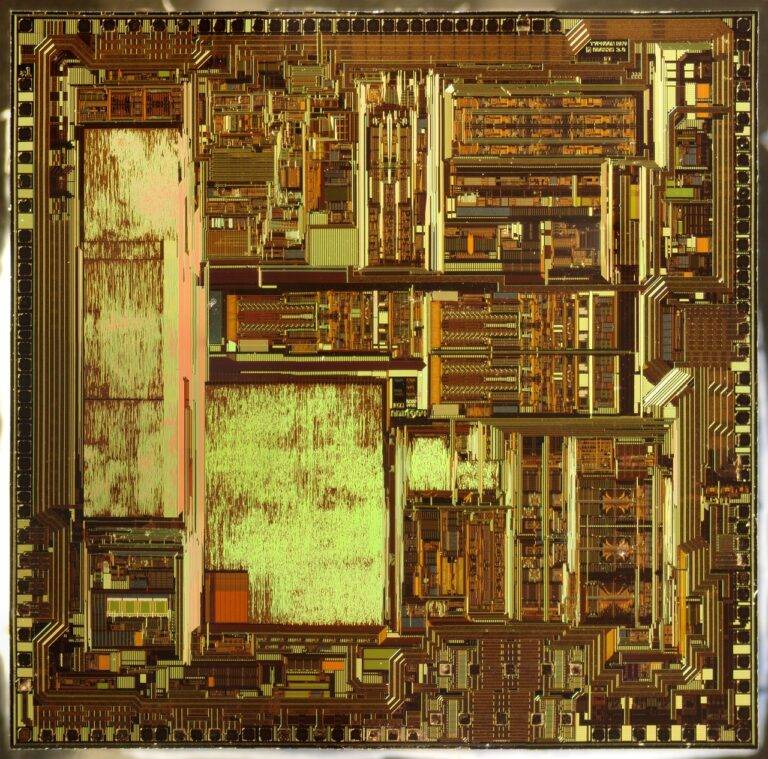Tech Solutions for Ocean Conservation
Oceans cover more than 70% of the Earth’s surface and play a crucial role in regulating the planet’s climate and supporting diverse ecosystems. The health of our oceans directly impacts the well-being of all living organisms, including humans. Ocean conservation is important not only for preserving marine biodiversity but also for safeguarding essential resources that sustain life on Earth.
By protecting our oceans, we can ensure the continuity of marine food chains, which are vital for global food security. Additionally, healthy oceans contribute to the regulation of carbon dioxide levels in the atmosphere, mitigating the effects of climate change. Conservation efforts such as reducing pollution, combating overfishing, and establishing marine protected areas are essential steps towards preserving the invaluable resources provided by our oceans.
Current Challenges Facing Marine Ecosystems
Overfishing, pollution, and climate change are just a few of the significant challenges facing our marine ecosystems today. The depletion of fish populations due to overfishing not only disrupts the balance of the ocean’s food chain but also negatively impacts the livelihoods of communities dependent on marine resources.
Pollution, particularly from plastics and chemicals, poses a severe threat to marine life. From entanglement in plastic debris to ingestion of toxic substances, marine animals suffer the consequences of human activities. Additionally, the rising sea temperatures and ocean acidification resulting from climate change are putting immense pressure on delicate marine ecosystems, leading to coral bleaching, habitat destruction, and species extinction.
Innovative Technologies for Monitoring Ocean Health
Innovative technologies have revolutionized the way we monitor the health of our oceans. From satellites that provide comprehensive global coverage to underwater drones equipped with sensors, these advancements allow us to gather data more efficiently and accurately than ever before. These technologies enable researchers and conservationists to track changes in ocean temperature, acidity levels, and marine life populations in real-time, providing valuable insights for sustainable management and conservation efforts.
Moreover, the use of artificial intelligence and machine learning algorithms has further enhanced our ability to analyze vast amounts of ocean data quickly and effectively. These technologies can identify patterns and trends that may not be apparent to the human eye, helping to predict environmental changes and potential threats to marine ecosystems. By harnessing the power of innovation, we can better understand and protect our oceans for future generations.
What is the significance of monitoring ocean health?
Monitoring ocean health is important to understand the status of marine ecosystems, track changes over time, and implement conservation measures to protect marine life.
What are some of the current challenges facing marine ecosystems?
Some of the challenges facing marine ecosystems include pollution, overfishing, habitat destruction, and climate change.
How can innovative technologies help in monitoring ocean health?
Innovative technologies such as satellite imaging, underwater drones, and DNA analysis can provide real-time data on ocean health, helping researchers and policymakers make informed decisions to protect marine ecosystems.
How can individuals contribute to the conservation of ocean health?
Individuals can contribute to the conservation of ocean health by reducing their carbon footprint, supporting sustainable fishing practices, reducing plastic waste, and participating in beach clean-up efforts.





